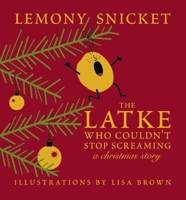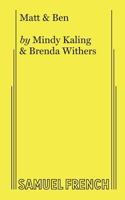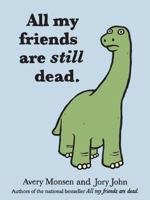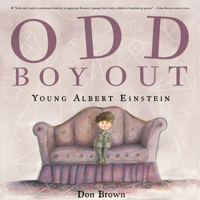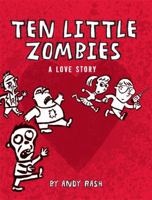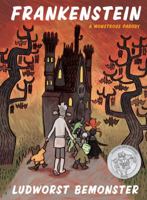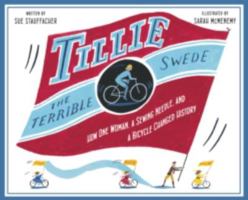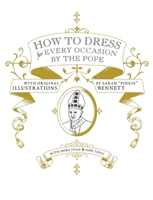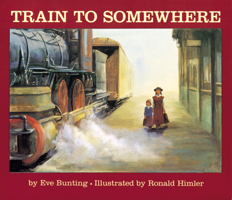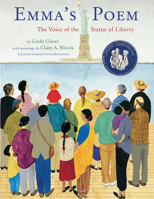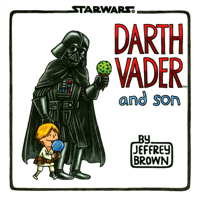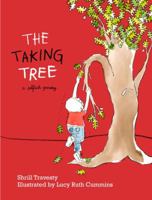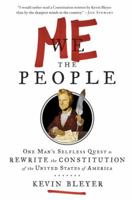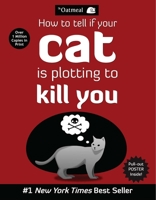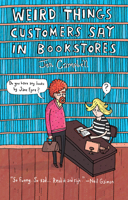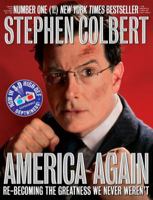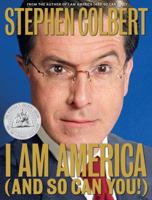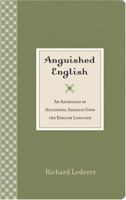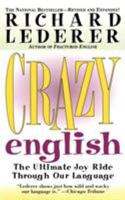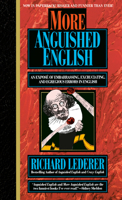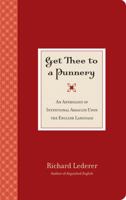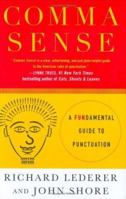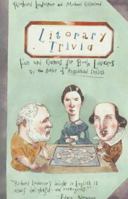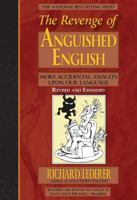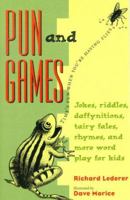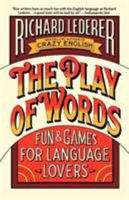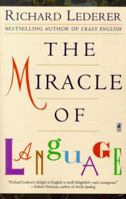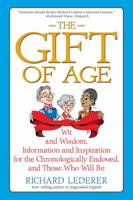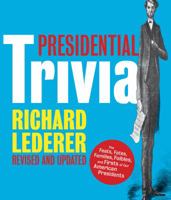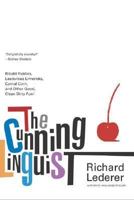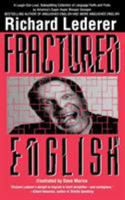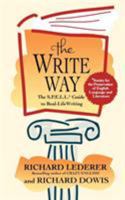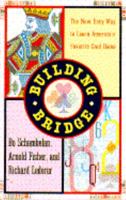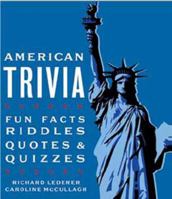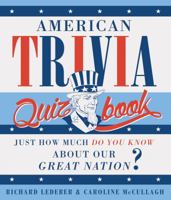Character Building Activities for Kids: Ready-to-Use Character Educational Lessons & Activities for the Elementary Grades
Select Format
Select Condition 
You Might Also Enjoy
Book Overview
This straight-forward resource gives teachers, counselors, and parents over 140 common-sense lessons with reproducible activities for developing traits selected as representative of good character, such as honesty, generosity and fairness. This guide is organized into three sections focusing on respect for self, respect for others, and a positive outlook on life. Each lesson defines a specific character trait, shows children how to recognize the trait, and provides opportunities for children to apply the trait in their own daily lives. This description may be from another edition of this product.
Format:Paperback
Language:English
ISBN:0130425850
ISBN13:9780130425850
Release Date:December 2001
Publisher:Jossey-Bass Inc Pub
Length:381 Pages
Weight:2.40 lbs.
Dimensions:10.8" x 1.3" x 8.0"
More by Richard Lederer
Customer Reviews
6 customer ratings | 5 reviews
Rated 5 starsgreat material
By Thriftbooks.com User,
Used as a gift for a grad student, is an excellent aid for character education.
0Report
Rated 5 starsEasy to Use
By Thriftbooks.com User,
I am very happy with this book and am excited to use it with my counseling program with individuals, groups, and classroom guidance this fall!
0Report
Rated 5 starsGreat Book!
By Thriftbooks.com User,
This book is exactly what I needed! I teach 4th grade and needed to work on character skills with my kids. I really felt like a lot of behavior issues came out of a lack of character skills. This book is very comprehensive and easy to use! Right now I only use the journal prompts, but it's been very effective in the classroom!
0Report














